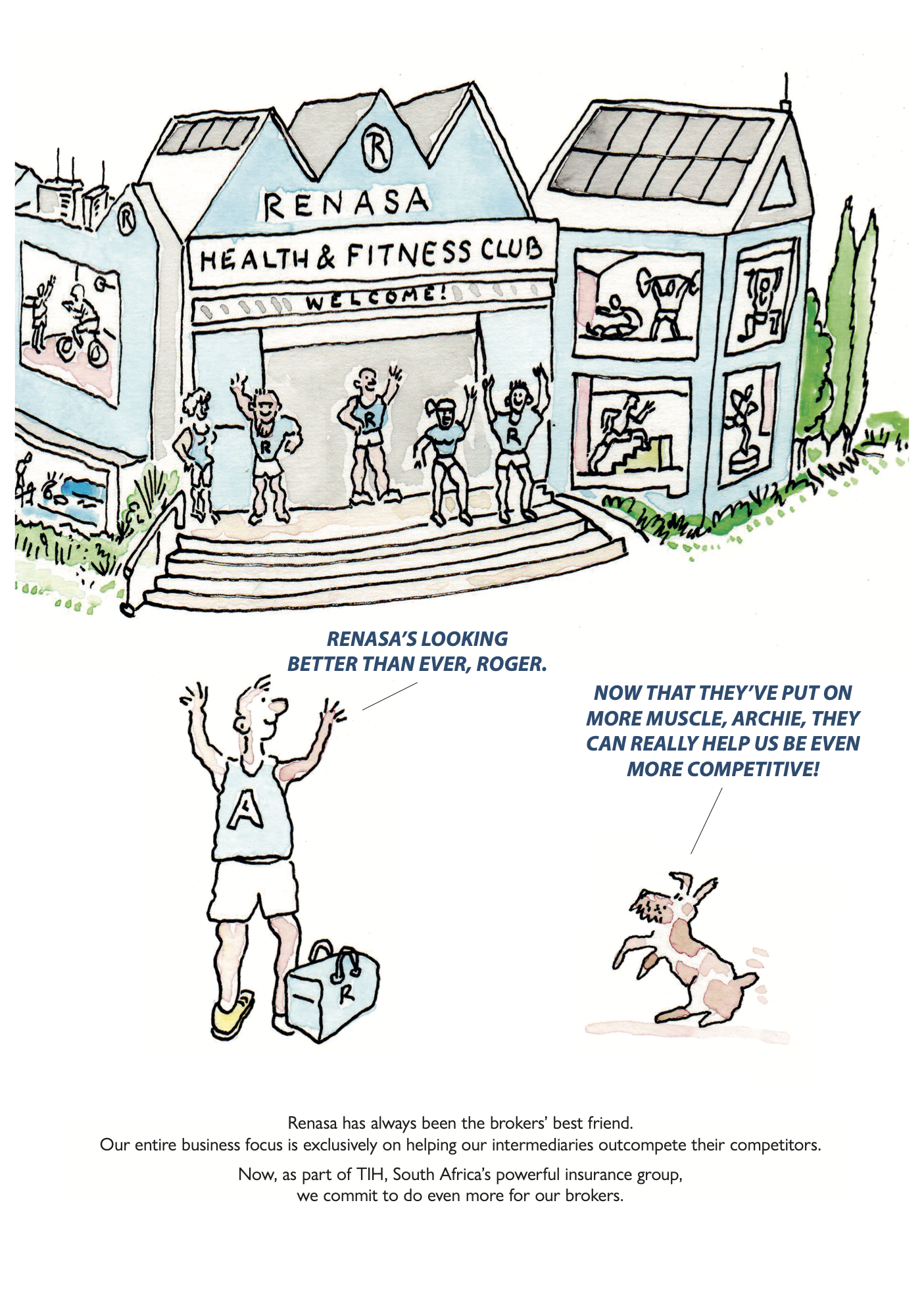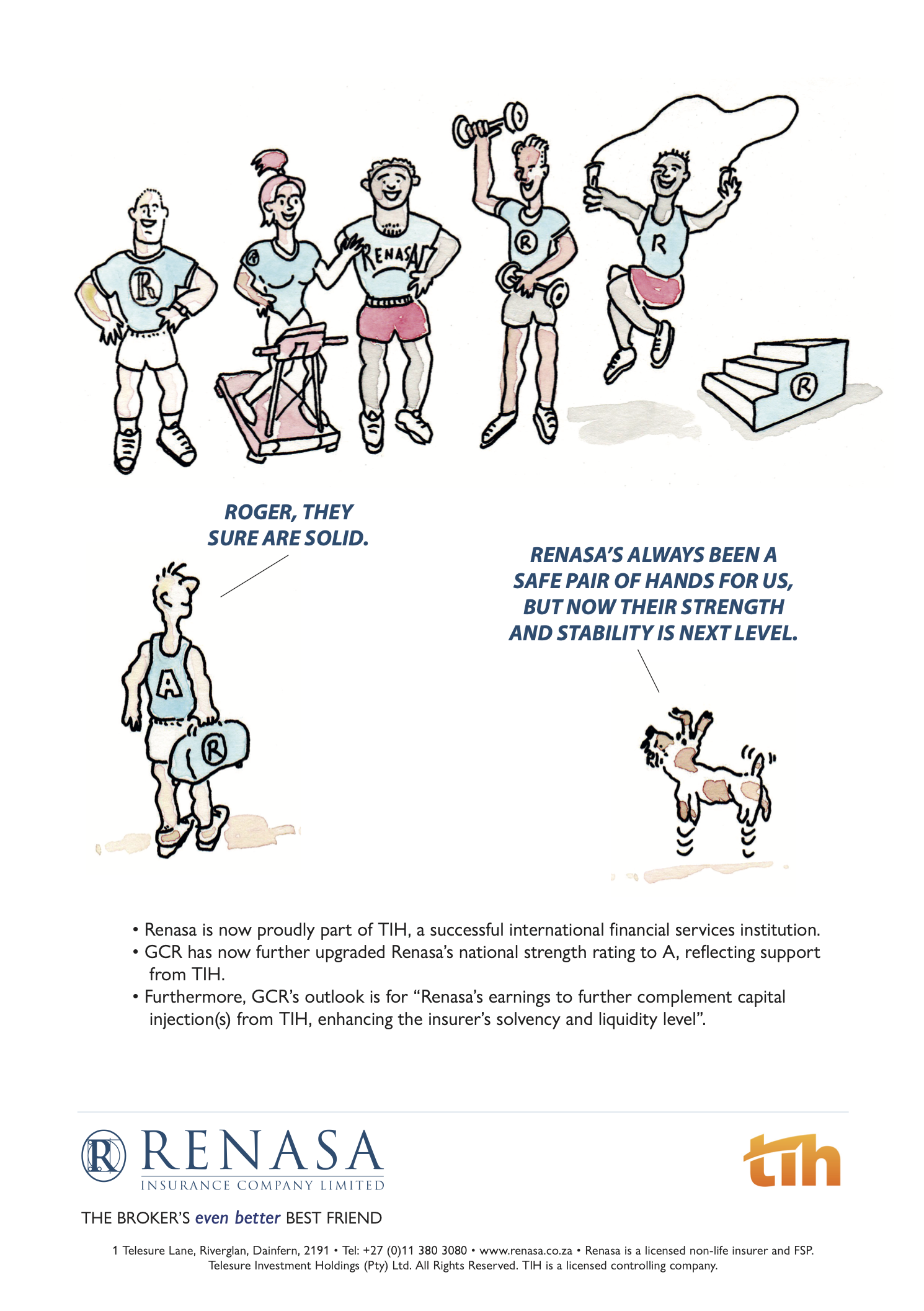By Tony Van Niekerk, COVER
The South African construction industry continues to face immense pressure from a range of complex and often interrelated challenges.
These include economic volatility, structural inefficiencies, and emerging security threats, all of which pose significant risks to both developers and insurers. In this volatile landscape, Contract Works – Comprehensive All Risks (CAR) insurance becomes more critical than ever, providing coverage for projects ranging from private homes and townhouses to large-scale industrial developments like sugar mills, refineries, and power stations.
Below is an in-depth analysis of the latest issues confronting the industry and their implications for CAR insurance providers.
Economic pressures and material cost volatility – South Africa’s economic climate is heavily influenced by power instability, inflation, and commodity fluctuations. Eskom’s proposed electricity tariff hikes in 2025 are expected to increase input costs across the board, particularly for energy-intensive construction materials such as steel and cement. The situation was worsened by ArcelorMittal’s shutdown of long steel production in April 2025, triggering concerns over supply shortages and further price hikes.
Additionally, more than 40% of materials used in large-scale projects, such as mechanical, electrical, and plumbing (MEP) systems, are imported. This exposes projects to rand volatility, import delays, and global supply chain disruptions.
Implication for CAR Insurers: If policyholders don’t adjust their sum insured to reflect inflation and foreign exchange risk, underinsurance becomes a real threat. CAR insurers must reassess their valuation methodologies and encourage regular project reappraisals to ensure material replacement costs are realistically captured.
Payment delays and contractor insolvency – Late or non-payment is perhaps the most widespread issue impacting the industry’s sustainability. Cash flow is the lifeblood of construction firms, particularly subcontractors who often operate on thin margins. Chronic payment delays—sometimes extending months or even years—have forced many into bankruptcy, leading to incomplete projects or compromised workmanship.
A notable example is the Sarah Baartman Centre of Remembrance in the Eastern Cape. Despite R247 million in expenditure, only 37% of the project is complete due to mismanaged funding and contractor insolvency.
Implication for CAR Insurers: The collapse or default of contractors mid-project increases the likelihood of claims related to incomplete works, defects from hurried work, or abandoned sites. Insurers may also see a rise in surety or performance bond claims tied to contractor failure.
The “Construction Mafia” and organised crime – Perhaps the most alarming trend in recent years has been the rise of organised criminal syndicates, commonly referred to as the construction mafia. These groups extort contractors and developers for “protection fees” (up to 30% of project value) or forcibly stop projects through intimidation and violence.

Renasa has always been the broker’s best friend.
Our entire business focus is exclusively on helping our intermediaries outcompete their competitors.
Now, as part of TIH, South Africa’s powerful insurance group,
we commit to do even more for our brokers.

RENASA’S ALWAYS BEEN A SAFE PAIR OF HANDS FOR US, BUT NOW THEIR STRENGTH AND STABILITY IS NEXT LEVEL.
- Renasa is now proudly part of TIH, a successful international financial services institution.
- GCR has now further upgraded Renasa’s national strength rating to A, reflecting support from TIH.
- Furthermore, GCR’s outlook is for “Renasa’s earnings to further complement capital injection(s) from TIH, enhancing the insurer’s solvency and liquidity level”.
Renasa is a licensed non-life insurer and FSP. Telesure Investment Holdings (Pty) Ltd. All Rights Reserved. TIH is a licensed controlling company.
The Telkom Towers development in Tshwane, intended as the SAPS headquarters, stands as a cautionary tale. Over R1 billion has been spent, yet the project remains unfinished due to mafia interference and broader mismanagement.
Implication for CAR insurers: This new risk dimension has led to higher claims involving vandalism, construction delays, and business interruption. Standard policies need to be revisited to incorporate cover for extortion-related disruptions and associated security costs.
Underinsurance and liability Gaps – Cost-cutting has led many contractors, especially subcontractors, to carry minimal liability insurance or skip it altogether. This creates exposure to third-party damages, on-site accidents, or latent defects that emerge post-completion.
Furthermore, many firms carry insufficient professional indemnity cover, exposing them to costly litigation in the event of design errors or structural failures. For CAR insurers, these coverage gaps often translate into contentious claims and complex dispute resolution processes.
Implication for CAR insurers: Policy clarity and tighter underwriting standards are required. It’s critical to vet the insurance adequacy of all project participants and introduce mandatory liability thresholds where needed.
Regulatory and safety overhaul – The introduction of new construction safety regulations in 2025, replacing the outdated 2014 framework, has introduced stricter duties for clients, designers, and contractors. These include enhanced compliance protocols, safety documentation, and site inspections.
Implication for CAR Insurers: Non-compliance can result in hefty fines or work stoppages. Insurers must update their policy wording to reflect the revised regulations and consider offering advisory support or compliance audits to policyholders.
Project mismanagement and corruption – Project mismanagement remains a systemic issue, particularly in the public sector. Of the R393.3 billion in announced infrastructure projects in Gauteng (2024), many face severe execution risks due to lack of oversight, political interference, and procurement irregularities.
Nationwide, R2.9 billion in delayed infrastructure projects point to inefficiencies that frustrate delivery and impact insurer exposure.
Implication for CAR Insurers: Delays and disputes often result in claims related to contract cancellation, escalation costs, or legal action. Underwriters must consider governance risk when evaluating projects, especially public-private partnerships.
Climate and energy transition risks – South Africa’s push towards renewables—led by Eskom’s R106 billion in green energy investments, marks a major industry shift. However, projects involving solar or wind infrastructure come with new risks: technological immaturity, long-distance component shipping, and logistical challenges.
Implication for CAR insurers: Traditional CAR policies may not adequately address the complexities of renewable energy construction. Tailored coverage for solar PV installations, grid connections, and battery storage systems is increasingly necessary.
Recommendations for CAR insurers
To adapt to this risk environment, CAR insurers should consider the following:
- Policy enhancements: Include extensions for construction mafia disruptions, inflation-indexed replacement costs, and safety regulation compliance.
- Broker collaboration: Work with intermediaries to offer bundled solutions, such as marine cover for imports and business interruption add-ons.
- Due diligence protocols: Conduct financial health checks and insurance audits on all contractors before binding coverage.
The risks facing South Africa’s construction sector in 2025 are multifaceted, ranging from macroeconomic shifts and criminal threats to regulatory change and energy transition. CAR insurance providers have a critical role to play, not only as risk underwriters but also as proactive partners in safeguarding infrastructure development.
By evolving with the industry and responding decisively to these emerging risks, insurers can protect their portfolios while helping the construction sector build a more resilient and prosperous future.

